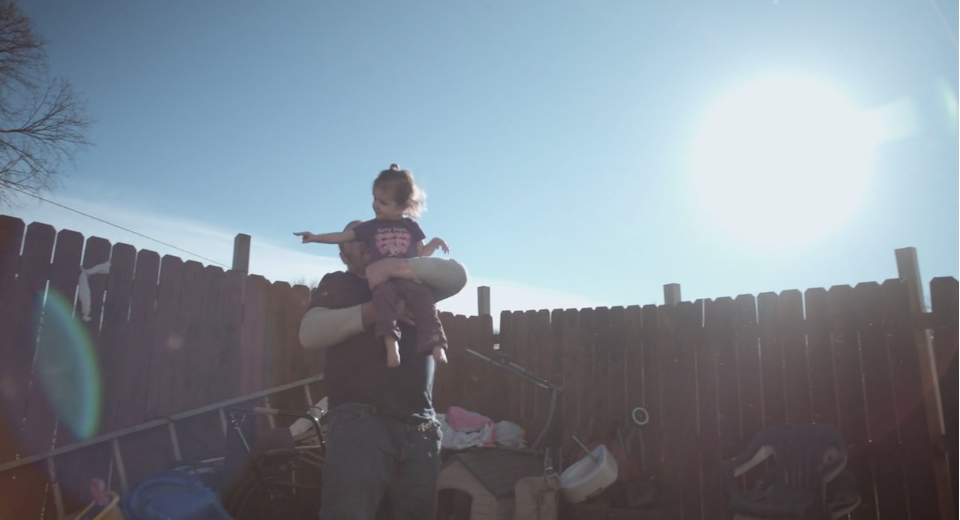Thinking On: Leaving Behind the ‘Undeserving Poor’

Recent reports show welfare is leaving behind those who are the most needy, in effort to bolster the working poor, sometimes referred to as the deserving poor. In a recent Huffington Post op-ed reflecting on a time in her childhood when her previously middle-class family relied on welfare, Heron’s Toni Johnson argues that welfare reform debates miss the point:
In many ways, my family was the definition of the so-called “undeserving poor.” My parents fell on hard times, both because of bad luck and because of bad choices. My dad was certainly guilty of drinking the last of our money away after he retired from the military, and my mother refused to work because she believed that staying at home was good for us kids. My parents fought over our welfare checks and it was violent and frightening. Without cash, food stamps were often our only means of purchasing food. I was obsessed with keeping those stamps securely fastened to the book because storeowners wouldn’t take loose bills, since it was considered a sign of fraud. I became afraid the bills would become worthless and we’d go hungry at the end of the month. Sometimes we did.
But for the most part, poverty subsidies delivered on their intention: they helped a family in crisis because my dad needed a job. Eventually he found one working in state government in Harrisburg, Pa. It took four years and numerous rejections claiming he was “overqualified” after spending 12 year in the Navy as an officer. By 1987, we were working class, not welfare class–and long before welfare-to-work was mandated.
That was the 1980s, and now we are in an economy that is much worse for people who have fallen on hard times. Ask any unemployed older man in the current economy how often he is told he is overqualified and turned away from a job. We live in a 21st Century economy that seems to demand greater shares of the labor market be automated, downsized, outsourced, temporary and low wage. It is an economy that is less and less about adding stable jobs and providing livelihood for workers of all education levels. It is an economy where more and more people work full-time but need safety nets to provide their families with adequate food and housing.
Today, food, energy and housing costs are growing, and yet according to the Urban Institute cash subsidies average about a paltry $400 a month for a parent and two kids around the country. And yet we look at the jobless poor and find they are greedily on the dole?
In the richest economy in the world, we waste needless energy debating who deserves support. I ask myself why people are so desperate to make moral judgments about someone’s bad choice or circumstance and then use those judgments as an excuse to refuse to help. We all make bad choices, and sometimes it is just pure luck that the consequences of that choice aren’t worse than the other guy’s. Deliberately leaving people behind for a supposed moral failing, whether imagined or real, is a bad choice.
We need an economy that truly supports people through jobs and livelihood and the opportunity to excel. Helping people in crisis should be a national no-brainer while we focus on the harder task of finding ways to invest in them beyond basic subsidies. Real people are poor and don’t have jobs that want them. Our concern should be less about how they came upon misfortune and instead how we can enrich our country by treating them as worthy of investment. If we do not, we may all find ourselves poor in the end.
Johnson notes data showing that stories like hers are common—forty percent of American adults experience poverty at some point in their lives, and right now about a quarter of America’s children are poor.
Click here to read the article in full for more quick reads featuring interesting articles on philanthropy and impact investing.
Comments are closed here.